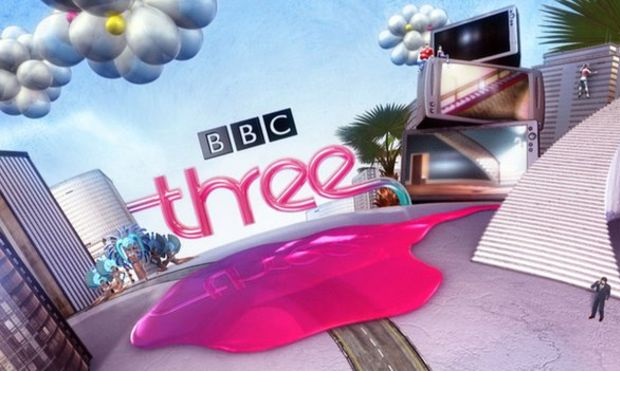BBC Three will go online-only in February next year, with the broadcaster accepting that long-term future of broadcasting “seems likely to be online”.
The move will see the youth-focused channel taken off air on terrestrial UK TV, a change that could lead to a 80% drop in viewers the broadcaster’s governing body has said.
A financially motivated proposal to move the channel online to BBC iPlayer was provisionally approved by the BBC Trust in June, and its fate has now been formally sealed.
The trust’s final decision will see the partial demise of the channel that brought hit shows including Gavin And Stacey and Don’t Tell The Bride to TV viewers.
It will begin to run online in February with the TV channel remaining in place until March to direct viewers to its new home on the internet.
The move will free up around £30 million a year, which the corporation has said it will put into its drama budget.
But a public value assessment (PVA) found that 80% of the “uniquely reached” BBC Three audience would “simply be lost”. BBC Three currently has a unique audience of around 975,000.
In a bid to retain young viewers, the Trust said that all BBC Three content would be aired on BBC One and Two when BBC Three goes off-air.
The governing body said that the two main BBC channels would also be told to carry a number of new programmes “specifically aimed at younger audiences”, in a bid to attract more viewers between the ages of 16 and 34.
These new programmes would not be restricted to late-night viewing, but are likely to be aired at a variety of times across the schedule.
The PVA also found that the move offered low value for money because of the smaller audience, but recognised that the closure would generate a net saving of £30 million per annum to offset financial pressures or for investment in other areas.
The trust acknowledged the strength of public opposition to the closure of the TV channel but considered that the proposal had “intuitive force”.
It said the long-term future of broadcasting “seems likely to be online” and added that the BBC needs to find innovative ways to support the audience move in that direction.
The trust recognised that the move online is earlier than the BBC Executive would “id
Damian Kavanagh, the controller of BBC Three, said that more than half of all video content watched by 16-24 year olds is no longer in the form of live television, and that the plans spelt “exciting times for BBC Three”.
He said: “BBC Three is not closing, we are reinventing online. We will not be a scheduled 7pm to 4am linear broadcast TV channel but we will be everywhere else giving you the freedom to choose what to watch when you want.

